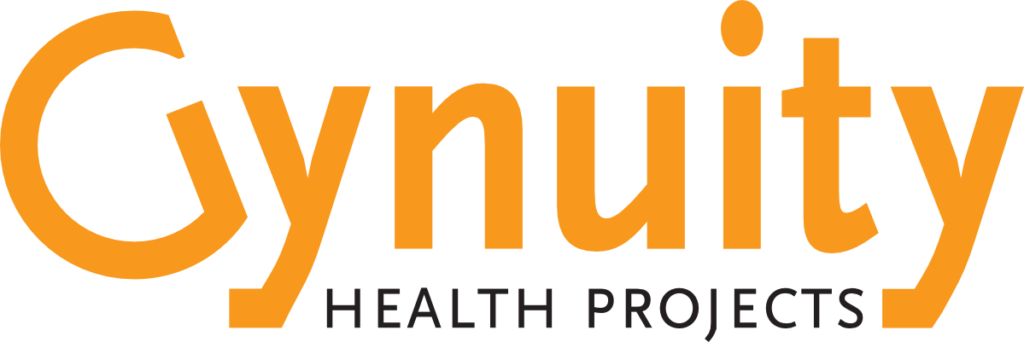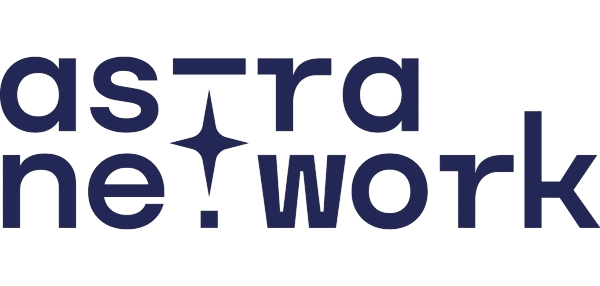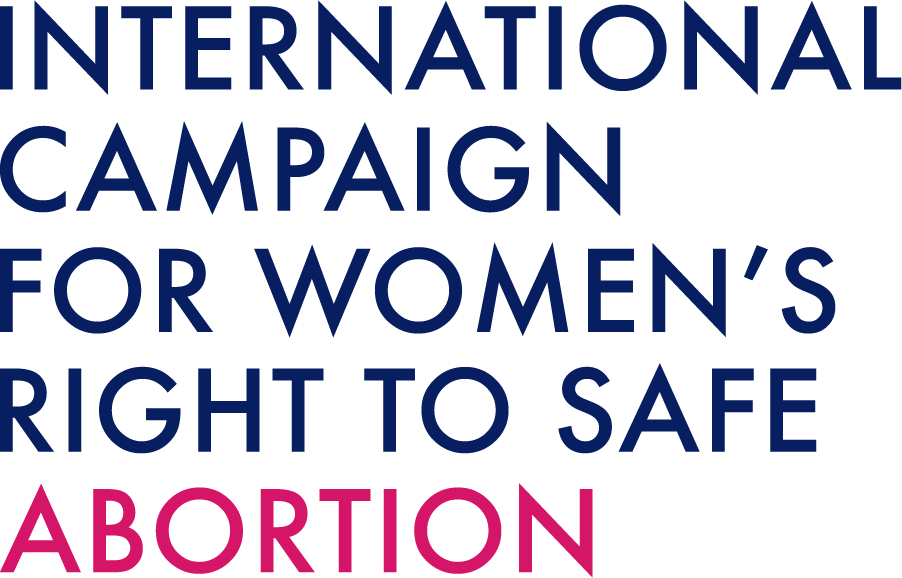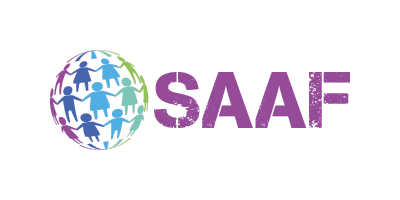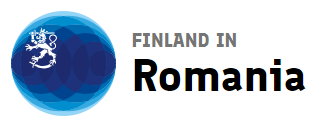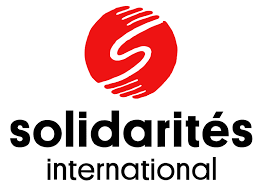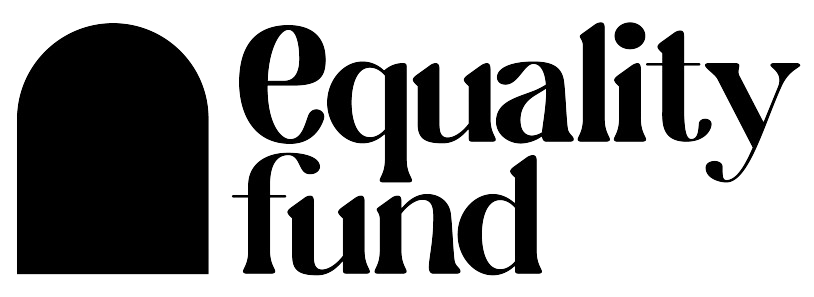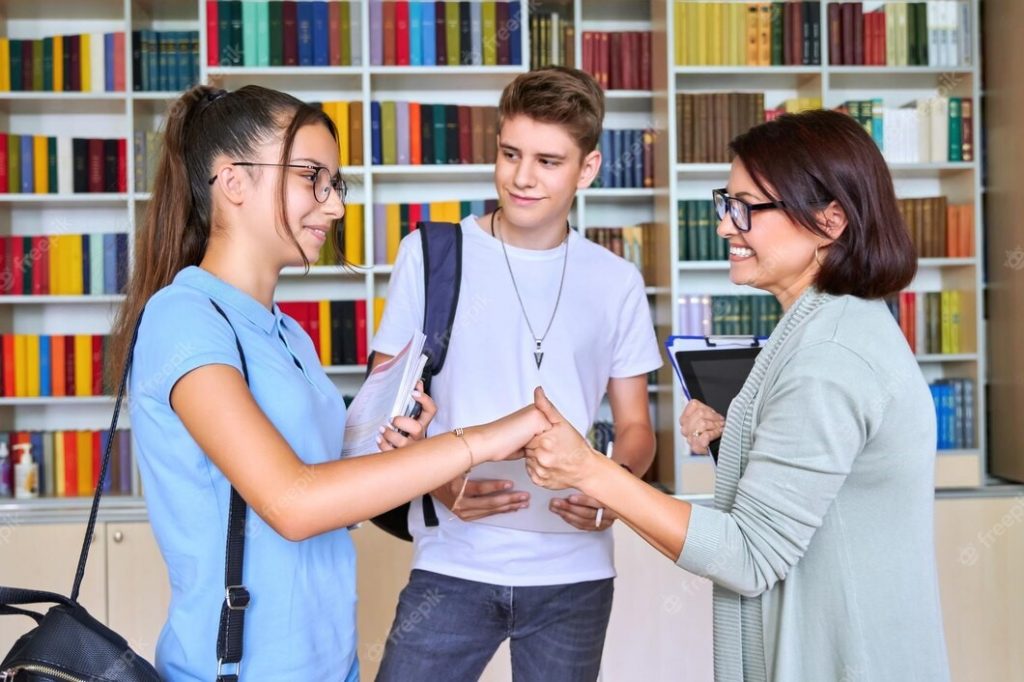
Research project - to identify the level of young people's knowledge about sexuality education through public libraries in the Republic of Moldova.[:]
 The Reproductive Health Training Center, with the support of Solidarity international, is launching a new research project to identify the level of knowledge of young people about sexuality education through public libraries in the Republic of Moldova.
The Reproductive Health Training Center, with the support of Solidarity international, is launching a new research project to identify the level of knowledge of young people about sexuality education through public libraries in the Republic of Moldova.
The situation of young Moldovans is quite alarming, with many key indicators significantly worse than in other countries in the region. In 2018, the adolescent fertility rate was 22.2 per 1,000 women aged 15-19, more than double the EU average of 8.9. On average, 2,500 of the 3,300 teenage girls in the country who become pregnant give birth each year. According to the Health Behavior in School-Aged Children (HBSC) survey conducted in 2017, 44% of 15-17-year-olds in Moldova who had sex did not use any of the most common contraceptive methods (condom or pill) during their last sexual intercourse. These results almost echo the results of another survey conducted in 2019 among 19-24 year old students studying at the State University of Medicine and Pharmacy of Moldova, which showed that 47% of respondents did not use any contraception during their last sexual intercourse, and of those who mentioned using contraception, 25% used an abstinence method.
In addition, the incidence of sexually transmitted infections (especially syphilis and gonorrhea) among young people aged 15-19 years was recorded at 160 per 100,000 in 2014, the highest rate in all of Europe, and HIV incidence among young people aged 15-24 years almost doubled between 2000 and 2015.
Although sex education in Moldovan schools has been compulsory by law since 2012, in practice it remains largely optional. Of all the courses offered in primary and secondary schools in Moldova, the optional health education course has the highest number of lessons on sexual and reproductive health (SRH); however, in 2019, only 10% of adolescents attended this course.
Stereotypical attitudes and inequality of gender roles persist in Moldovan society. For example, according to a survey conducted in 2015 by the Women’s Law Center, 90.5% of men and 81.5% of women believe that the most important thing for a woman is taking care of household chores and cooking for her family. In addition, 95% of men and 75% of women believe that changing diapers, bathing and feeding children are the responsibilities of a mother. Correspondingly, 41% of men and 19% of women said that there are times when a woman should be beaten. Two out of five women (40%) stated that they had been physically or sexually abused by a partner or non-partner since the age of 15.
Similarly, the degree of tolerance for sexual diversity in Moldovan society is low. LGBTQ persons in Moldova face significant discrimination, hostility and violence because of their sexual orientation and gender identity. According to a 2015 United Nations survey, only 18% of the population was willing to accept this.
The right of every young person to be informed and have access to reliable sources of sex education, as well as moral and documentation support, especially for children and youth in villages;
This project will have two phases: the first is to inform, document and analyze the situation on the ground (organizing focus groups and questionnaires for youth), the second is to train enough librarians to meet the information needs of youth and disseminate information to colleagues in their districts.
Most parents avoid discussing certain sex related topics with their children, some do so out of ignorance and others do not feel it is necessary for their child to know about it. Therefore, the role of the library will be to be an intermediary between the teenager and school, but a safe place with a trusted person where the young person can get answers to any questions or be referred to an institution that can help. 10 librarians (from 5 regions of the Republic of Moldova) will be specially trained in this direction.
The duration of the project, 5 months. During the research period, 10 thematic games will be purchased for libraries, with the help of which they will conduct trainings with young people in their localities, because the game, regardless of the age of the player, is the most appropriate tool for “uncovering” the problem and obtaining appropriate answers.
The beneficiaries of the project will be young people from villages and towns in the Republic of Moldova, 50% girls and 50% boys. They will be identified together with local social workers and librarians, with priority given to young people from vulnerable families, young people whose parents work abroad, young people facing the problem of lack of sex education, young people from Roma families, young people with disabilities, etc.
Project Objectives:
- To conduct research to identify stereotypes and taboos in the field of sexual and reproductive health and rights of young people for further use in the creation of educational and awareness-raising campaigns for young people.
- Promotion of a peer-to-peer approach among young people. Dissemination of relevant, adapted information materials and AMAZE videos.
- Building, through the project, trust in libraries as a safe space for information and support on public issues, especially for young people.
Objectives:
- To draw attention to the issue.
- To show young people that they are not alone with their problems, that they are not alone and have someone to turn to.
- To raise awareness of the topic among librarians.
- Increase young people’s access to information on sexual and reproductive health and rights.
- Collect relevant data to design and develop a program that addresses real issues and stereotypes.
Young people, due to lack of information, do not turn to the most reliable sources of information and often get into very unpleasant situations, such as early pregnancy or sexually transmitted infections.
Our research and information plan for young people in 5 regions of the country will be a start for other institutions with similar objectives to take action and conduct specific information and discussion activities with young people and adolescents.
[:]



